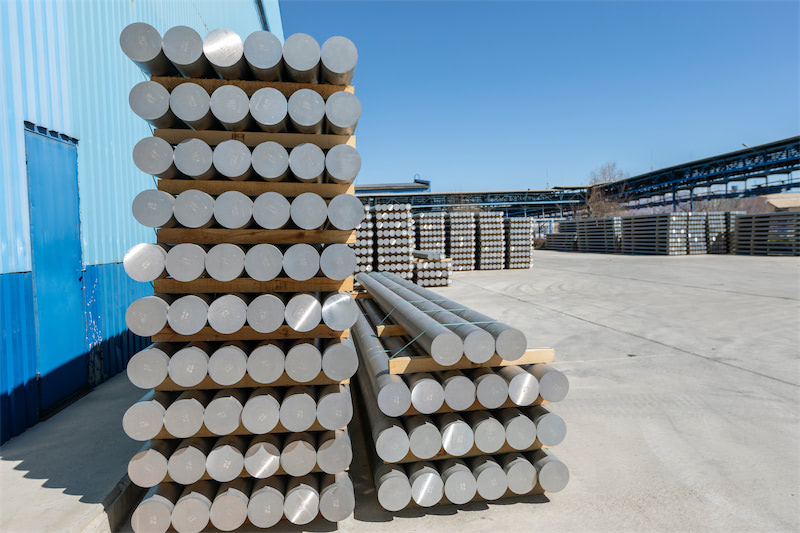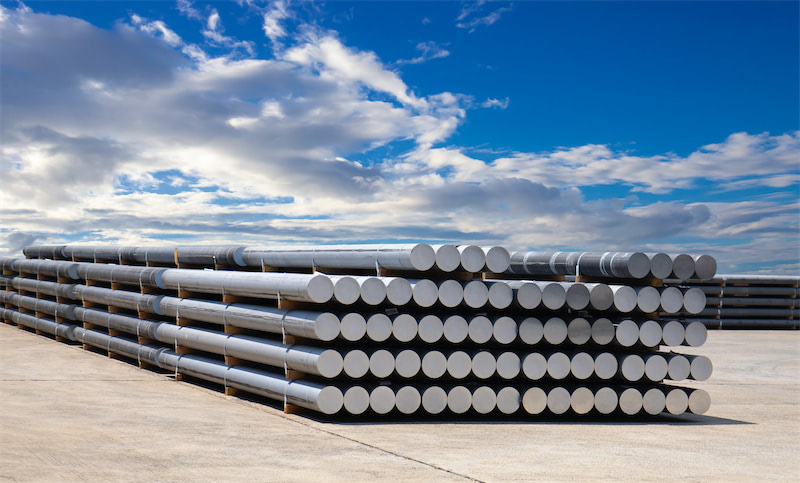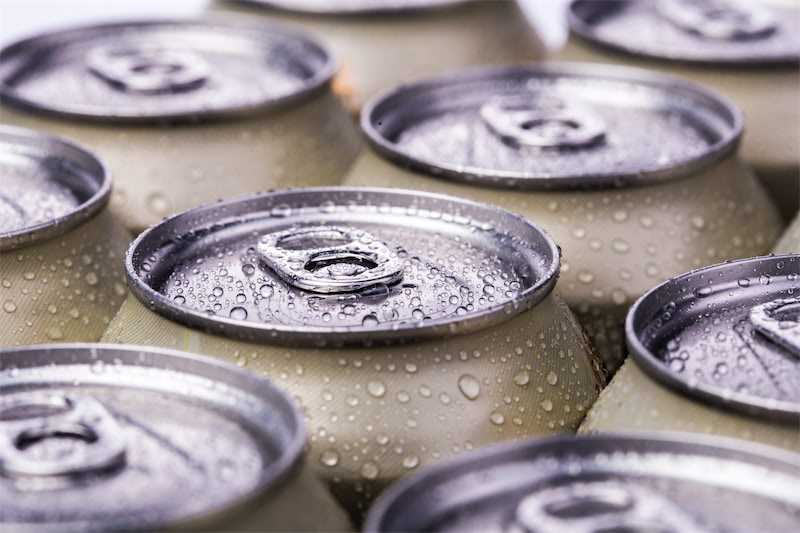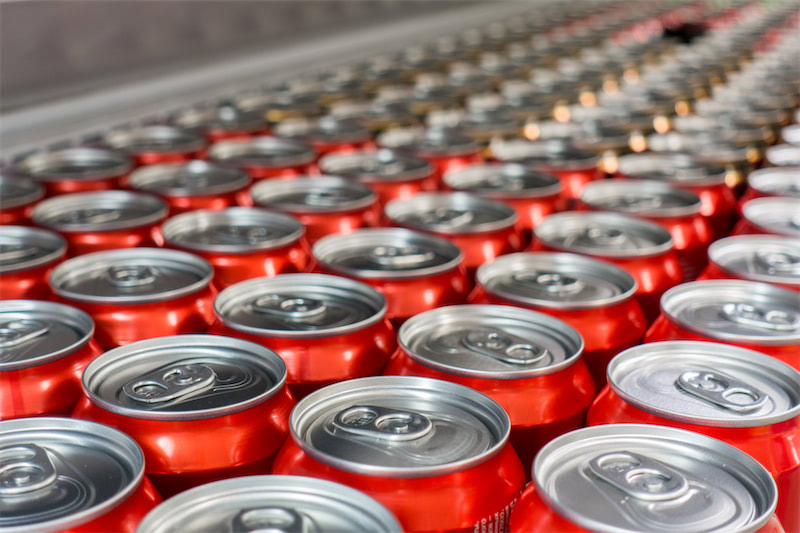SMM, November 20: On November 15, 2024, the Ministry of Finance issued the "Announcement on Adjusting Export Tax Rebate Policies," with the following content:
1. Cancellation of export tax rebates for aluminum semis, copper semis, and chemically modified animal, vegetable, or microbial oils and fats.
2. Reduction of export tax rebate rates for certain refined oil products, PV, batteries, and some non-metallic mineral products from 13% to 9%.
3. This announcement will be implemented from December 1, 2024. The applicable export tax rebate rates for the products listed in this announcement will be determined by the export date indicated on the export goods declaration form.
The cancellation of export tax rebates involves a total of 24 aluminum-related codes, covering almost all major domestic aluminum extrusion, aluminum plate/sheet, strip and foil, and aluminum bar and rod products.
After the announcement, the aluminum market was in an uproar. According to customs data, the total export volume of these 24 related aluminum products from January to September 2024 was approximately 4.62 million mt, accounting for 99% of China's total aluminum semis exports. In 2023, China's export volume of related aluminum products was about 5.166 million mt, with a value of approximately $17.74 billion, accounting for 98% of the total export volume.
SMM Brief Comment: Before the implementation of this announcement, most domestic aluminum semis export products enjoy a 13% export tax rebate policy. Due to policy incentives and the product advantages of Chinese aluminum semis, Chinese aluminum semis have always had a competitive advantage in overseas markets with high quality and low prices. In the short term, the cancellation of the aluminum semis export tax rebate may increase the export costs for aluminum export enterprises to some extent, suppressing the export enthusiasm of Chinese aluminum processing enterprises. In the medium and long-term, as China is an important global exporter of aluminum semis, there is a certain supply-demand gap in overseas aluminum semis. Without corresponding supply increments overseas, the reduction in China's aluminum semis exports and the increase in export costs can both push up overseas aluminum prices, expanding the price spread between domestic and overseas markets. Without considering exchange rates, the export profits of domestic aluminum semis will rebound, regaining relevant advantages, thereby restoring China's medium and long-term aluminum semis export volume. Additionally, with limited growth in overseas aluminum semis production, Chinese aluminum semis still have good opportunities overseas, and the tax cost will be passed on to the overseas buyers. Of course, the cancellation of the aluminum semis export tax rebate does not involve high value-added aluminum products, which will also stimulate domestic aluminum export enterprises to develop towards high value-added product exports.
According to SMM calculations, domestic aluminum processing enterprises have mostly used domestic aluminum prices as the base price for order signing with foreign buyers after the pandemic. Based on a processing fee of 4,000 yuan/mt, the actual export price is 20,850 (SMM spot aluminum price on November 15) + 4,000 = 24,850 yuan/mt. Adding the 13% tax rebate, the actual income per ton for processing enterprises is 2,859 + 24,850 = 27,709 yuan. Starting December 1, aluminum processing enterprises will no longer enjoy the 2,859 yuan tax rebate. Thus, if processing fee remains at 4,000 yuan/mt, exports will inevitably incur losses, leading to the risk of order cancellations. New orders will need to be renegotiated with foreign buyers to see if the processing fee can be increased to (4,000 + 2,859) yuan/mt. A significant price increase may cause foreign buyers to hesitate, and the likely increase of 2,859 yuan/mt in processing fees will need to be balanced between buyers and sellers. Export volumes will inevitably be suppressed in the short term, negatively impacting domestic aluminum prices in the short run.
From the current trend of domestic and overseas aluminum prices, the futures market shows that LME outperforms SHFE. As of 22:26 on November 15, LME aluminum prices rose by about $170/mt, equivalent to 1,224 yuan/mt at an exchange rate of 7.2, while SHFE aluminum fell by 310 yuan/mt, expanding the price spread between domestic and overseas markets by about 1,534 yuan/mt. From the perspective of the negotiation between foreign buyers and domestic processing plants, the current increase in processing fees should be (2,859 - 1,534) = 1,325 yuan/mt. Their negotiation price will also refer to the changes in domestic and overseas aluminum prices (including changes in premiums and discounts) before and after order signing.



